Why Tcl is 700% faster than Python for database benchmarking
HammerDB
JULY 5, 2022
Python is a popular programming language, especially for beginners, and consequently we see it occurring in places where it just shouldn’t be used, such as database benchmarking. We use stored procedures because, as the introductory post shows, using single SQL statements turns our database benchmark into a network test).


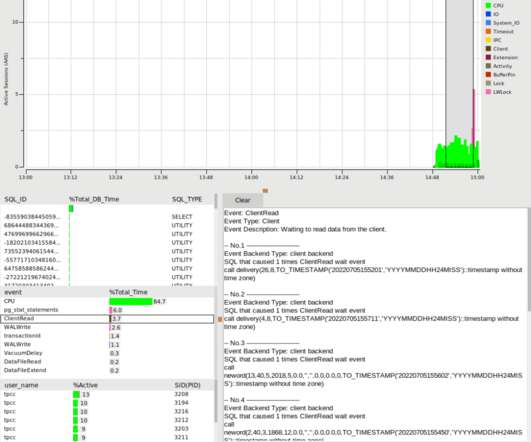
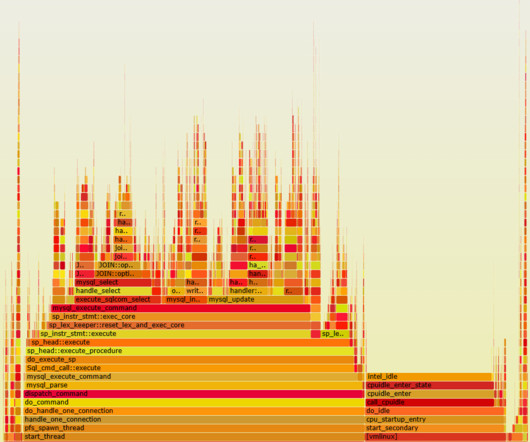

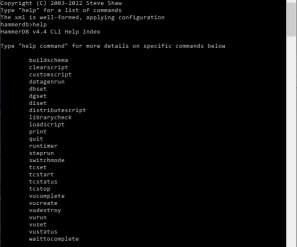



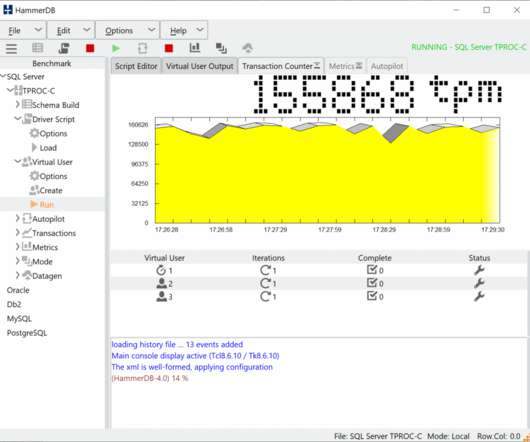

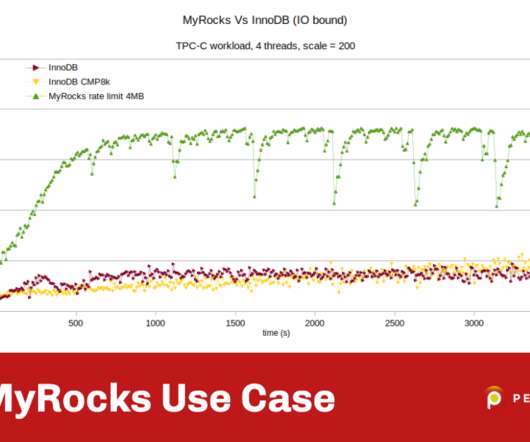

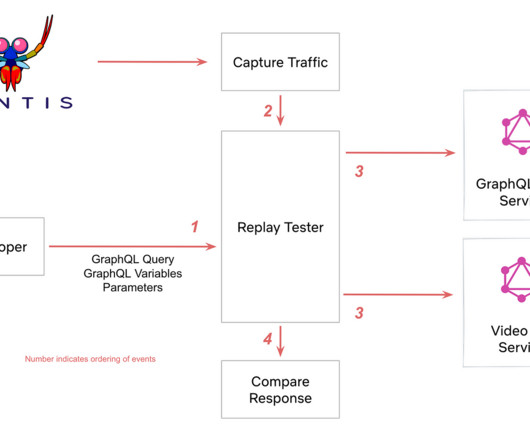





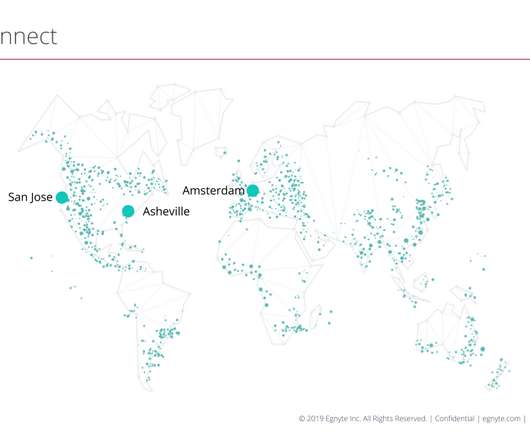






Let's personalize your content